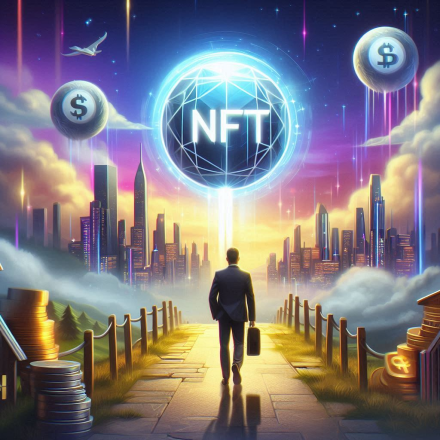The financial landscape is undergoing a dramatic transformation, fueled by the rapid emergence and integration of Financial Technology, or FinTech. This sector, blending finance with cutting-edge technology, is not only redefining how businesses operate but also how consumers manage their financial lives. From mobile banking and peer-to-peer lending to artificial intelligence and blockchain, FinTech innovations are reshaping the dynamics of the financial industry. This article explores the current trends in FinTech and looks ahead to what future innovations might further transform this sector.

Current Trends in FinTech Innovations
1. Mobile Banking and Payments: One of the most visible signs of FinTech's impact is the rise of mobile banking. Financial institutions and startups alike are harnessing mobile technology to offer services that allow users to manage their finances conveniently from their smartphones. Apps like Venmo, PayPal, and Square Cash simplify sending and receiving money, while banks offer full-service apps that include features ranging from budgeting to investing.
2. Blockchain and Cryptocurrencies: Blockchain technology has introduced a revolutionary way to record transactions with transparency and security. This technology is the backbone of numerous cryptocurrencies, such as Bitcoin and Ethereum, which have introduced a completely new asset class. Beyond cryptocurrencies, blockchain is being explored for various other applications, including supply chain management, secure voting systems, and real estate transactions.
3. Robo-advisors and Automated Investment: FinTech has made investing more accessible through robo-advisors—automated platforms that provide personalized investment management. Using algorithms to assess risk tolerance and financial goals, these platforms can construct and manage a diversified portfolio at a fraction of the cost of traditional financial advisors. Companies like Betterment and Wealthfront are leading the way, attracting millennials and seasoned investors alike.

Future Predictions for FinTech Innovations
1. Expansion of Peer-to-Peer Platforms: Peer-to-peer (P2P) lending platforms have demonstrated that traditional banking intermediaries can be bypassed. Future developments might expand these platforms beyond lending to include more complex financial products like mortgages and personal loans. This could democratize access to financing, making it more accessible and tailored to individual needs.
2. Regulation Technology (RegTech): As FinTech continues to grow, so does the need for regulation to ensure security and fairness in digital transactions. RegTech, or regulation technology, uses technology to help companies comply with regulations efficiently and at a lower cost. Future innovations in RegTech are expected to become more predictive and integrated, potentially using blockchain to provide more secure and transparent compliance solutions.

Conclusion
The emergence of FinTech represents one of the most exciting developments in the financial sector in decades. By leveraging technology, FinTech is not only improving existing financial services but also creating new markets and opportunities. As we look to the future, the continued evolution of FinTech promises to further transform the financial landscape, making it more inclusive, efficient, and secure. This dynamic field continues to be a critical area for innovation, investment, and entrepreneurship, reflecting its pivotal role in shaping the future of finance.





